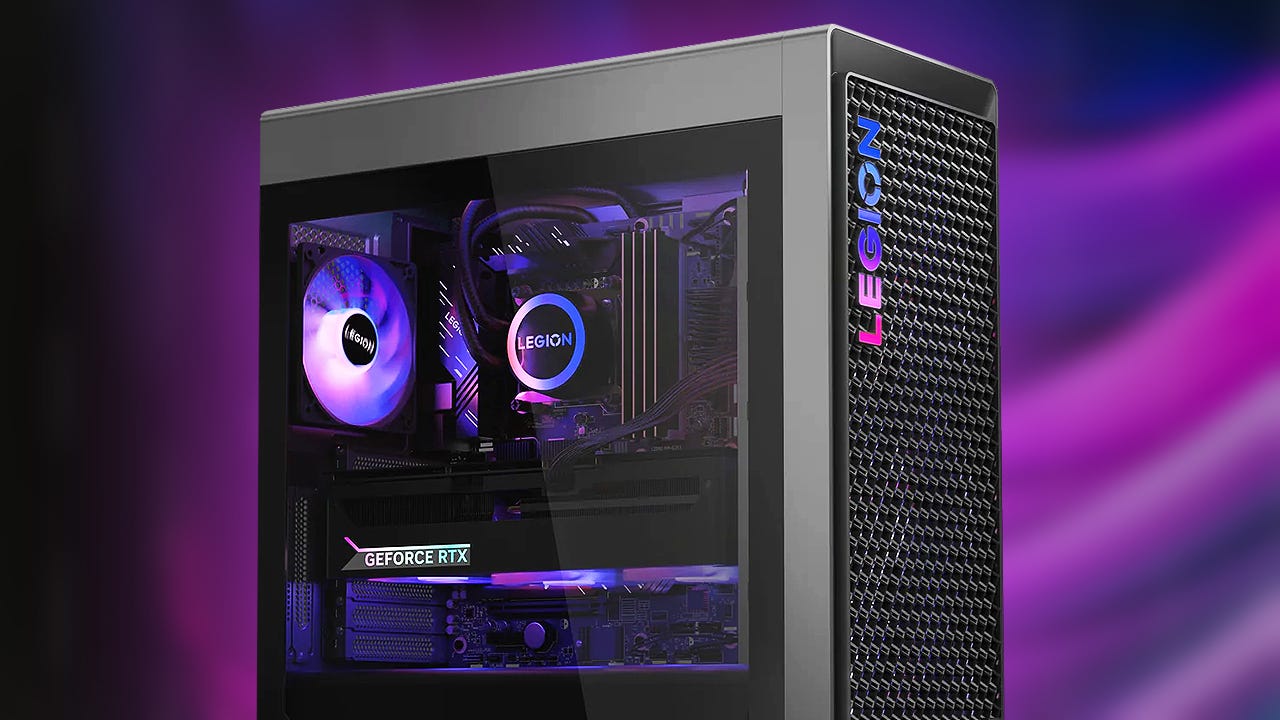Camavinga played 75 minutes in France’s draw with Iceland. The visitors headed into half-time a goal down after Palsson opened the scoring. Nkunku and Mateta struck to turn the scores around after the break, but Hlynsson found a leveller with…
Blog
-
Google Unleashes Nano Banana in NotebookLM, Lens, and Soon Photos – PCMag
- Google Unleashes Nano Banana in NotebookLM, Lens, and Soon Photos PCMag
- Nano Banana is coming to Google Search, NotebookLM and Photos. The Keyword
- Nano Banana’s viral features are coming to more Google apps Android Police
- Gemini 2.5 Flash:…
Continue Reading
-

Dementia risk for people who quit smoking in middle age ‘same as someone who never smoked’ | Dementia
People who stop smoking in middle age can reduce their cognitive decline so dramatically that within 10 years their chances of developing dementia are the same as someone who has never smoked, research has found.
Kicking the habit halves the rate…
Continue Reading
-

ASC Celebrates ’25 Student Heritage Award Winners, Nominees
Since 1999, the ASC Student Heritage Awards have honored the work of up-and-coming cinematographers at the university level. The awards are a pillar of the Society’s ongoing commitment to recognizing and nurturing the next generation of…
Continue Reading
-

Quitting smoking after cancer diagnosis sharply improves survival, study finds
Even in advanced cancer, patients who quit smoking soon after diagnosis lived longer, yet most were never offered meaningful cessation support.
Study: Smoking Cessation and Mortality Risk in Cancer Survivorship: Real-World Data…
Continue Reading
-

Fossil of Long and Narrow-Snouted Ichthyosaur Uncovered in England
University of Manchester paleontologist Dean Lomax and his colleagues have identified a new genus and species of leptonectid ichthyosaur from a fossilized specimen found in Dorset, England.
Life reconstruction of Xiphodracon goldencapensis….
Continue Reading
-

‘Rare earths are a very useful weapon for China’: Former Commerce Secretary Wilbur Ross on the big economic danger
China’s tightening grip on the minerals that power America’s high-tech is no longer a distant geopolitical concern: it’s an economic threat already moving through U.S. supply chains.
That’s the warning from Wilbur Ross, former U.S. Secretary of Commerce under President Donald Trump, who says Beijing has learned how to use rare earth minerals as leverage over the United States, and may be preparing to weaponize supply chains even further.
“Rare earths are a very useful weapon for China,” the private equity mogul told Fortune in an interview. “For giving up a little bit of revenue, they are achieving a pretty good bang for the buck.”
China doesn’t control most of the world’s rare earth mines, but it does dominate the refining and processing systems where 90% of global capacity sits. These materials— about 17 obscured elements like neodymium and dysprosium—are essential inputs in electric vehicles, magnets, wind turbines, high-end semiconductors, F-35 fighter jets, and guided missiles.
Ross says U.S. vulnerability has been building quietly for years, but only became visible after China introduced new export licensing requirements that he calls a “disguised rationing system.”
“They have imposed a registration process, which is just a way to mask the controls,” Ross said. “Who knows how deliberately slow they’ll make the approvals.”
In other words, Ross thinks China can now ration supply to U.S. manufacturers, and do it without formally violating trade agreements.
“It’s a very effective weapon … and it attacks our high-tech things and our national defense needs.”
Factory shutdowns now a real risk
Ross warned that supply strain may start hitting U.S. industry within six to 12 months unless trade tensions ease. Several automakers stockpiled rare earths at the start of the trade war, he said, but those reserves were only ever “a rounding error.”
“No one knows exactly how big the excess quantities of rare earths that American companies built up are,” he said. “But you probably would have some shutdowns if this standoff continues.”
Ford Motor Co. has already publicly warned it could be forced to idle at least one factory if rare earth supplies tighten further. And while that would represent only a small portion of U.S. capacity, Ross says it could mark the start of broader disruptions.
“Rare earths are used in fighter planes, rockets, all kinds of applications,” Ross said. “Basically anything that requires advanced semiconductors usually has some need for rare earths.”
Even small interruptions matter because of how heavily modern manufacturing depends on advanced chips. A typical U.S. vehicle now contains 400–500 semiconductors, and EVs require even more—making rare earths a single point of failure for both the clean energy transition and national defense.
Ross: China has ‘no incentive’ to negotiate
Asked whether a trade resolution with China is realistic, Ross was skeptical.
“It’s not at all clear to me that China really wants a trade deal,” he said, adding that years of negotiations across both the Trump and Biden administrations have yielded “not a heck of a lot to show for it.”
Ross said Beijing sees no urgency to bargain.
“[President] Xi [Jinping] can continue portraying this as something the evil U.S. is doing,” he said, explaining that China benefits politically from framing itself as the target of American aggression.
“So far, there hasn’t been enough pain inflicted on China for them to feel a need to get serious about negotiating.”
The next front may be even more volatile. Lawmakers in Washington have floated the idea of tightening advanced AI chip exports to China, but Ross warned that could set off a dramatic escalation.
“Putting an embargo is a pretty hard thing to do. That could very well be interpreted as an act of war,” he said. “If we did that, China might put a blockade on Taiwan.”
Such a move would cripple global technology markets overnight. Taiwan Semiconductor Manufacturing Co. (TSMC) makes more than 90% of the world’s most advanced chips, including those used in U.S. defense systems and cutting-edge AI.
“That would be catastrophic,” Ross said.
Now, he believes the U.S. is still playing catch-up in a minerals conflict that China prepared for years ago. Domestic processing plants are being built in the U.S. and Europe, he said, but they won’t be operational fast enough to eliminate short-term supply risk.
“We have a timing disconnect,” he said. “China is acting now.”
Fortune Global Forum returns Oct. 26–27, 2025 in Riyadh. CEOs and global leaders will gather for a dynamic, invitation-only event shaping the future of business. Apply for an invitation.Continue Reading
-

Save Over $1,000 Off Lenovo’s Most Powerful Legion Gaming PC with RTX 5090 Graphics Card
Lenovo’s most powerful Legion gaming PC just dropped to a new price low for a few days only. The Lenovo Legion Tower 7i Gen 10 gaming PC equipped with an Intel Core Ultra 9 285K processor and RTX 5090 graphics card is marked down to $4,079.99…
Continue Reading
-

iPhone 17 launch ignites frenzy in India as Apple’s “next China” takes shape
The iPhone 17 series has once again sparked a nationwide buying frenzy in India.
According to Indian media reports, on September 19, as Apple’s latest lineup reached stores, fans crowded retail outlets across the country. Lines stretched for…
Continue Reading
-
Nvidia to Start Selling $3,999 DGX Spark Mini PC This Week – PCMag
- Nvidia to Start Selling $3,999 DGX Spark Mini PC This Week PCMag
- Build AI Models Right From Your Desk With Dell Pro Max GB10 Currently.com
- Nvidia’s desktop AI supercomputer now available to the general public Investing.com
- Dell Pro Max with…
Continue Reading
